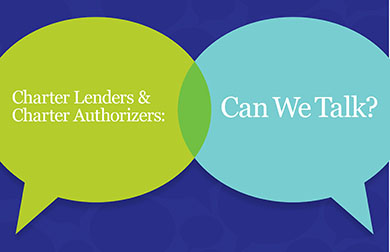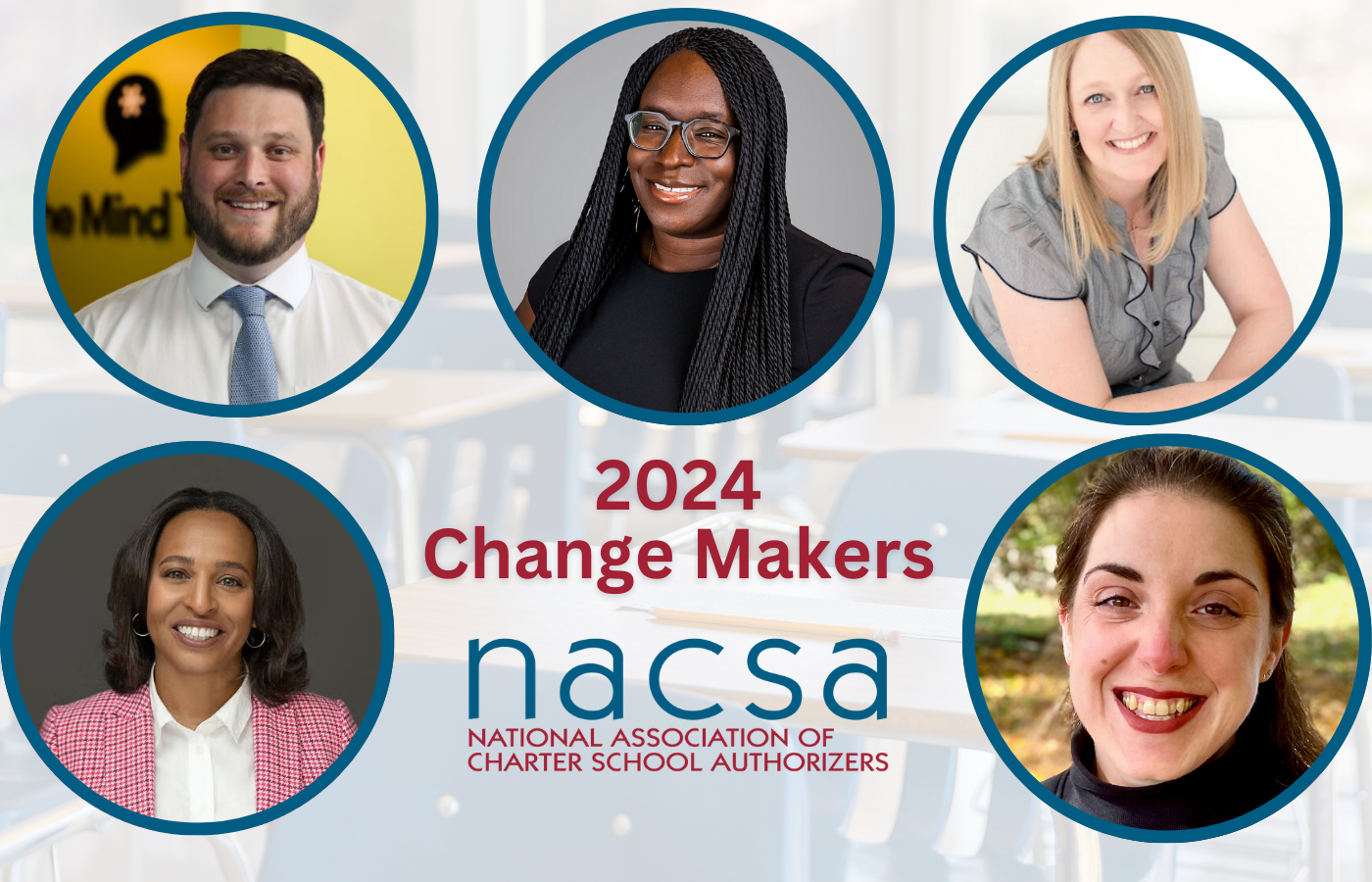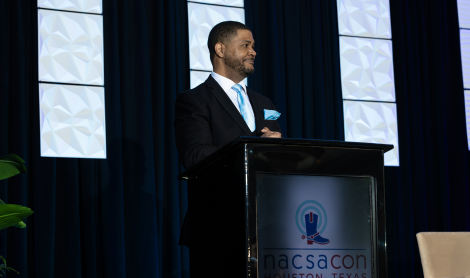Sometimes a single factoid can just leap out at you.
That happened a couple of years ago when I read a report about charter facilities finance by the Local Initiatives Support Corporation (LISC), a community improvement not-for-profit that is also a significant player in the charter lending markets. LISC found that lenders had consulted authorizer reports before approving charter loans in just six of the 393 charter bond offerings it studied. How come?
There was clearly some kind of chasm between the two worlds of charter lenders and charter authorizers. Building a bridge across became the mission of a working group subsequently convened by NACSA and LISC with support from the Bill & Melinda Gates Foundation. And their deliberations formed the basis for our new joint publication called “Can We Talk?” which makes its debut today. (I had wanted to spell it “Tawk” but our editors prevailed.)
What we quickly discovered is that the two groups have a lot in common, starting with a keen shared interest in strong, sustainable public charter schools. Both groups collect a lot of the same data but may look at in subtly different ways. And each group seems to have a somewhat tenuous grasp of what the other does. Many authorizers have a generalist’s understanding of mortgages and interest rates, but may not be familiar with the long list of players that make up a facilities transaction. And lenders, for their part, deal primarily with a school, not with that “arcane” body that somehow decides whether the school gets renewed.
So in one sense this new report, aptly titled Charter School Lenders and Charter School Authorizers: Can We Talk?, is something of a translation guide for each group about the practices of the other. But it’s also a pretty good short course for any layperson interested in knowing more about how the two sectors work.
For me, this process was quite the crash course. And that’s after serving on the board of a school that built a $19 million facility and renovated (to the tune of about $10 million) a second site. The org charts for these two deals were more complicated than the work plan for D-Day. Happily, there were two or three real experts on our board, plus hired consultants, so I could nod and smile as they spoke. But that experience, followed by this working group, bring home the fact that schools approach lending markets for millions in facilities financing every day. As authorizers are charged with doing sound financial oversight, it’s critical that we know what questions to ask.
For lenders, we hope this publication will provide some understanding of the methods by which authorizers arrive at high-stakes decisions. We found some serious skepticism on that point among the investors in our working group, and it can be summed up in one sentence: “They told us the school was OK, we loaned them [X] million, then they shut it down.” In the report, we stress that simply asking for a letter of good standing or reading a charter contract isn’t nearly enough to assure that investor funds won’t be put at inordinate risk. Lenders should know how state laws and authorizer practices hold charter schools accountable; look at every pertinent public record including intervention and probation notices; and ask their own tough questions about trends in academic performance and evidence of fiscal stewardship.
(And they shouldn’t have to plead for public records, whether held by schools or authorizers. We need to make transparency the norm.)
The NACSA/LISC Authorizer/Lender Working Group participants and I have presented some previews of this report at several investor conferences, and judging by the enthusiastic (and sometimes pointed) questioning, there’s a real need for this dialogue to continue.
So this is our invitation: Can We Talk?



